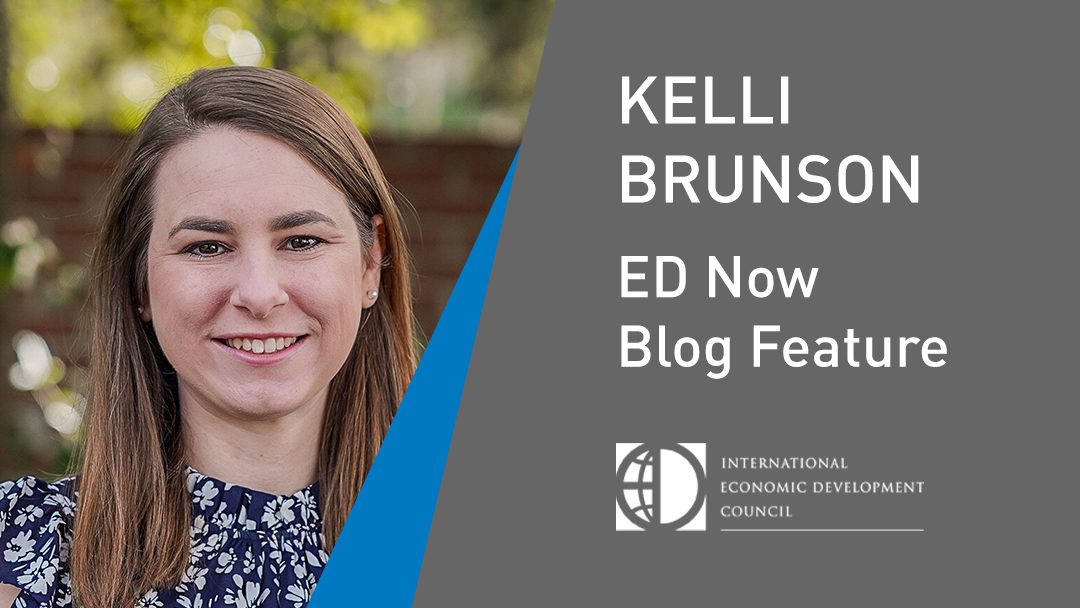In today’s economy, marketing missions serve as a cornerstone of economic development. They are strategic ventures that require careful planning, research, and execution, and success in these missions can yield significant investments, partnerships, and growth opportunities.
The true value of a marketing mission requires focus and discipline. This is not just about showing up; it’s about being prepared, making the most of every minute, and ensuring that follow-ups are handled with care. Economic developers who understand and implement these principles can transform a marketing mission from a routine trip into a game-changing event for their community.
To guide potential business prospects from initial contact to a successful partnership, follow these key steps:
- Lead Identification: After identifying a lead, gather detailed summary documents about the company, including investment plans and key contacts. At this stage, a virtual meeting with company leadership can be effective to assess whether their goals align with the community. These preliminary steps enable economic developers to determine whether the lead is ready for an in-person meeting or should be nurtured for future opportunities.
- Pre-Visit Preparation: During this stage, it is important to utilize the information obtained through the virtual meeting to gather and distribute any pertinent background information on the company and its representatives. For the internal team, conduct sales and etiquette training and assign the most effective team member to deliver all or part of the pitch. The team can also prepare an adequate supply of customized collateral materials for the trip.
- Visit: During the initial visit, prioritize concise introductions and a brief overview of the community. Use the bulk of the time to deepen your understanding of the company’s challenges and opportunities. Be ready to suggest solutions to address their concerns, supported by visual aids such as real estate options, data, and mapping. At the end of the meeting, summarize with next steps.
- Post-Meeting Follow-Up (Internal): After the visit, organize an internal debrief to review the mission’s successes or challenges and designate an internal lead to manage the project moving forward. Within the organization’s database, document the meeting’s recap, key contacts, notes, and deliverables, setting reminders for follow-ups. If multiple meetings occurred, categorize the leads into three tiers: A (High Priority), B (Moderate Priority), and C (Low Priority). Within two weeks, schedule a conference call or meeting with regional allies to share leads and strategize responses.
- Post-Meeting Follow-Up (External): Within 24 hours of the meeting, send a follow-up email summarizing the discussion, outlining next steps, and confirming deliverables or action items. Reinforce your commitment to being a valuable resource, regardless of the project’s outcome. Also, connect with the attendees on social media platforms. Within five days, provide a status update on the deliverables, and by the 10-day mark, send a handwritten note. If appropriate, reach out to state and partner resources to advance the project.
Whether gathering information, planning the visit, or following up, each step is crucial to driving successful outcomes. With these steps in mind, economic developers can build strong relationships and turn potential leads into real investments, and communities can position themselves as prime locations for business growth and economic success.
Recognizing the importance of this topic, we invite you to attend the interactive Best Practices in Marketing Missions: From Planning, Research, Execution, and Follow-Up session at IEDC’s Annual Conference in Denver, Monday, September 16, at 9:45 a.m. Attendees will have the opportunity to brainstorm ideas and share best practices that have proven to be effective in their own organizations. The collective input will be compiled into a comprehensive report which will be shared with attendees and made available on IEDC’s website.
Kelli Brunson, IOM, M.Ed., is a senior project manager at Beaufort County (S.C.) Economic Development Corporation.
Click Here to download a PDF of Kelli’s article featured in Economic Development Now.


